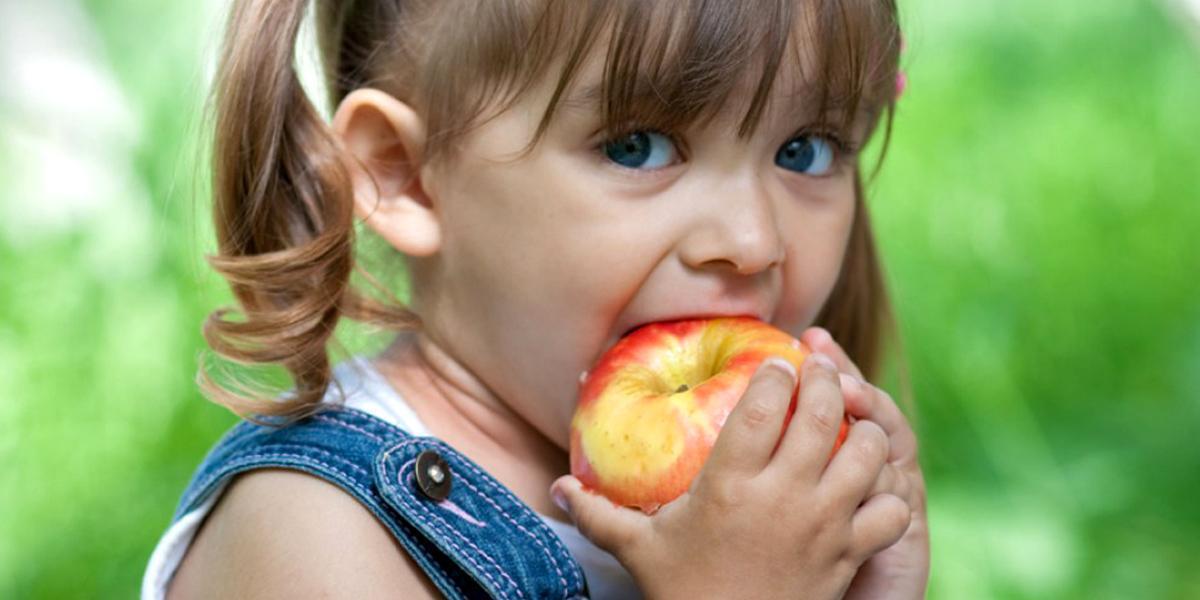
Want to Avoid Feeding Your Kids Pesticides That Can Harm Their Brains? Read This

By Alex Formuzis and Sonya Lunder
Last week the U.S. Environmental Protection Agency (EPA) Administrator Scott Pruitt stuck to his long-standing practice of ignoring science, disregarding data that shows the pesticide chlorpyrifos could harm kids’ brains.
Instead of banning it as scheduled, Pruitt caved to pressure from pesticide lobbyists and allowed continued use of a chemical that studies by his agency’s scientists and academic researchers have found to contaminate some fruits and vegetables at potentially unsafe levels.
In its annual tests for pesticide residues on conventionally grown fruits and vegetables, the U.S. Department of Agriculture found chlorpyrifos on a variety of produce, most of it imported. But just because Pruitt and President Trump want children to shut up and eat their pesticides doesn’t mean they have to.
If you want to avoid feeding your family produce that may contain chlorpyrifos residue even after it has been thoroughly washed, choose organic versions for these fruits and vegetables:
- Imported peaches from Chile (20 percent of samples tested positive).
- Imported nectarines from Chile (13 percent of samples tested positive).
- Imported bell peppers from Mexico (22 percent of samples tested positive).
- Imported hot peppers from Mexico (15 percent samples tested positive).
- Domestic and imported cilantro (27 percent of samples tested positive).
According to the EPA, chlorpyrifos is applied to more than 30 percent of apples, asparagus, walnuts, onions, grapes, broccoli, cherries and cauliflower grown in the U.S. While residues of chlorpyrifos are rarely detected on these crops, farm workers and their families are regularly exposed. Chlorpyrifos can also contaminate drinking water.

 233k
233k  41k
41k  Subscribe
Subscribe 